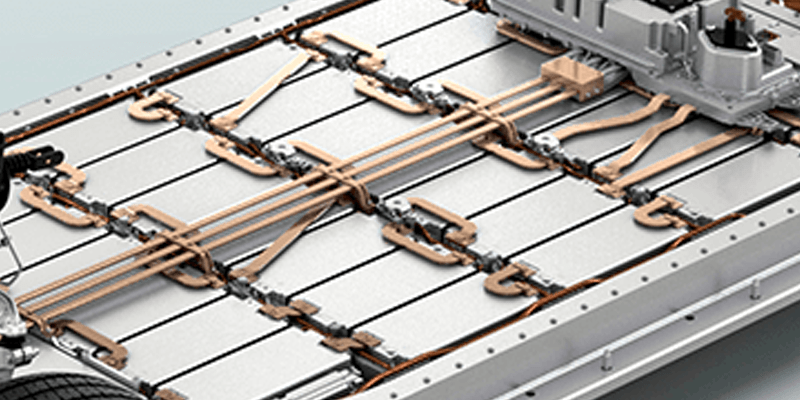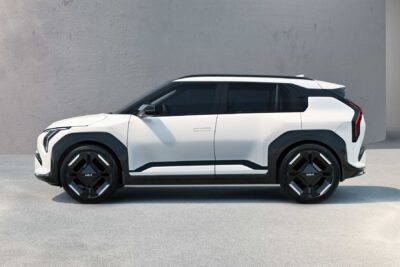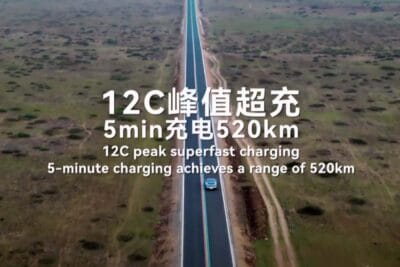Tata considers building battery factory in Europe
The Indian Tata Group is considering building two factories for the production of battery cells, one in India and another in Europe. With the latter plant, the group would produce cells for Tata subsidiary Jaguar Land Rover.
P.B. Balaji, the chief financial officer of Tata Motors’ auto division, told Reuters news agency. No details on production volume or timeline were given yet. “We should announce it sooner rather than later,” Balaji said on the sidelines of India’s Auto Expo auto show in Greater Noida. He also said that localising cell manufacturing is key to increasing the share of local components in electric cars and will help develop a local supply chain.
Tata Motors said it has sold 50,000 electric cars in India so far and plans to launch 10 electric models by March 2026, and the company expects electric cars to account for a quarter of total sales by 2025, according to Reuters. Currently, it is eight per cent, the news agency said. Besides the passenger car market, Tata Motors is also active in the commercial vehicle market. Several large-scale electric bus orders were recently announced by the Indian manufacturer through the Indian CESL promotion – such as over 2,000 electric buses from the West Bengal Transport Corporation and Bengaluru Metropolitan Transport Corporation and over 1,500 electric buses from the Delhi Transport Corporation.
The Indian car market is relatively tiny compared to the enormous size of the population. Electric models accounted for just one per cent of total car sales of around 3.8 million vehicles last year, according to Reuters. Manufacturers active in this field or about to enter the market include the local heroes Tata Motors and Mahindra & Mahindra as well as the Chinese brands BYD and MG Motors.
India is working to catch up on the adoption of electric vehicles, however, as Mahindra and Tata are working both to establish production, as well as to drive prices to a more affordable level. Even European companies, such as Citroën, are looking to establish a foothold in the major South-East Asian market. A major market will likely also be found with electric scooters, as two-wheelers are very popular in India’s major cities due to both size and price advantages. Ola, which presented its first electric vehicle model in 2021, is already looking at European markets, at least in terms of design and engineering, for which the company established a centre in Coventry a year ago.




